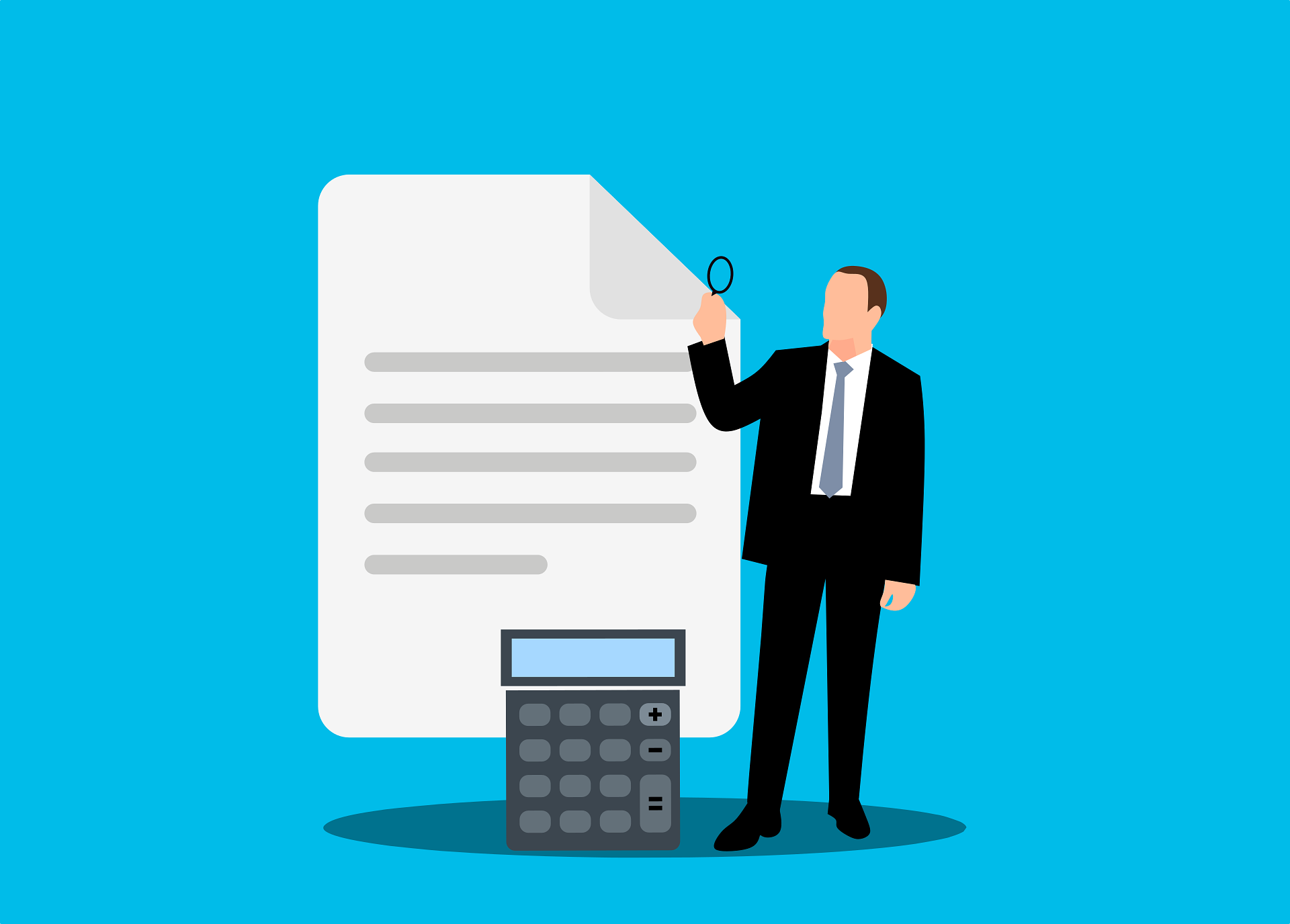
Discover the ultimate guide to contract auditing for business prosperity. Learn why contract auditing is crucial, steps for a successful audit, common challenges, and best practices to ensure compliance and success. Unveil the secrets to leveraging contract auditing to protect your company's interests and maintain trust with stakeholders. Make contract auditing a cornerstone of your business strategy for sustainable growth.
When it comes to running a business, contracts play an important role in ensuring smooth operations and successful partnerships. Whether it’s a contract with suppliers, clients, or employees, having thorough and accurate contracts is crucial for protecting your company’s interests. However, drafting and signing contracts is just one part of the equation. To ensure that these contracts are being followed and are in compliance with legal requirements, contract auditing is necessary. In this guide, we will provide a comprehensive overview of contract auditing and how it can contribute to the success of your business. From understanding the basics of contract auditing to implementing an effective audit process, we’ll cover everything you need to know.
The Importance of Contract Auditing in Business Operations
Contract auditing ensures that contracts are being followed and that any potential issues or discrepancies are identified and addressed promptly. This can save businesses from costly legal battles and reputational damage. Furthermore, contract auditing helps to maintain transparency and trust between parties involved in the contract. To ensure the highest level of accuracy and effectiveness in contract auditing, consider top smart contract auditors who have the expertise and experience in this specific area. These professionals can provide valuable insights and recommendations to improve your contracts and overall business operations.
Steps for Conducting a Successful Contract Audit
There are several key steps to follow to conduct a successful contract audit. The first step is to clearly define the objectives and scope of the audit. This includes identifying which contracts will be audited, what specific areas or clauses will be focused on, and what goals the audit aims to achieve. Next, gather all relevant documentation and information related to the contracts being audited. This can include contracts, amendments, correspondence, and any other supporting documents. Once all information is gathered, a thorough review and analysis should be conducted to identify any potential issues or discrepancies. These findings should then be documented in a report, along with recommendations for corrective actions if needed. Finally, follow up on any recommended actions and track the progress of their implementation.
Common Challenges and Pitfalls in Contract Auditing
While contract auditing is an important process, there are some common challenges and pitfalls that businesses may encounter. One challenge is ensuring that all contracts are included in the audit, as some may be overlooked or forgotten. Another challenge is verifying the accuracy and completeness of documentation, as missing or incorrect information can skew the results of the audit. Communication between parties involved in the contract may be a challenge, especially if there are multiple stakeholders with differing interests. To avoid these challenges and ensure a successful audit, establish clear communication channels and maintain thorough documentation throughout the contract. Regular audits can also help to prevent any lapses or discrepancies from going unnoticed for extended periods.

Implementing an Effective Contract Audit Process
Implementing an effective contract audit process is important for ensuring the success of your business. This starts with having a clearly defined and structured audit plan in place, including setting specific objectives and scope for each audit. Have experienced professionals or teams involved in conducting the audits, as their expertise can provide valuable insights and recommendations for improving contracts and operations. Regularly review and update your audit process to ensure it remains effective and efficient. This may include incorporating new technologies or tools to streamline the auditing process.
Leveraging Contract Auditing for Business Success
Leveraging contract auditing can greatly contribute to the success of your business. By regularly conducting thorough audits, you can identify and address any potential issues or discrepancies in contracts, ensuring that they comply with legal requirements. This not only protects your company’s interests but also helps maintain transparency and trust with clients, suppliers, and employees. Implementing an effective audit process with the help of experienced professionals can also lead to improvements in contract management and overall business operations.
Best Practices for Maintaining Compliance through Contract Auditing
To ensure the highest level of compliance through contract auditing, follow some best practices. This includes regularly reviewing and updating contracts to reflect any changes in laws or regulations. Maintain accurate documentation and establish clear communication channels between all parties involved in the contract. Conducting regular audits can help identify any potential areas for improvement or non-compliance, allowing for prompt corrective action. It is also important to involve legal and other relevant departments in the auditing process to ensure all contracts are compliant with their respective regulations.
Contract auditing plays a vital role in ensuring the success of a business. By leveraging contract auditing, businesses can protect their interests and maintain transparency and trust with all parties involved in the contracts. Keep these tips in mind to make contract auditing an integral part of your business strategy for long-term success.
Was this news helpful?







 Yes, great stuff!
Yes, great stuff! I’m not sure
I’m not sure No, doesn’t relate
No, doesn’t relate



